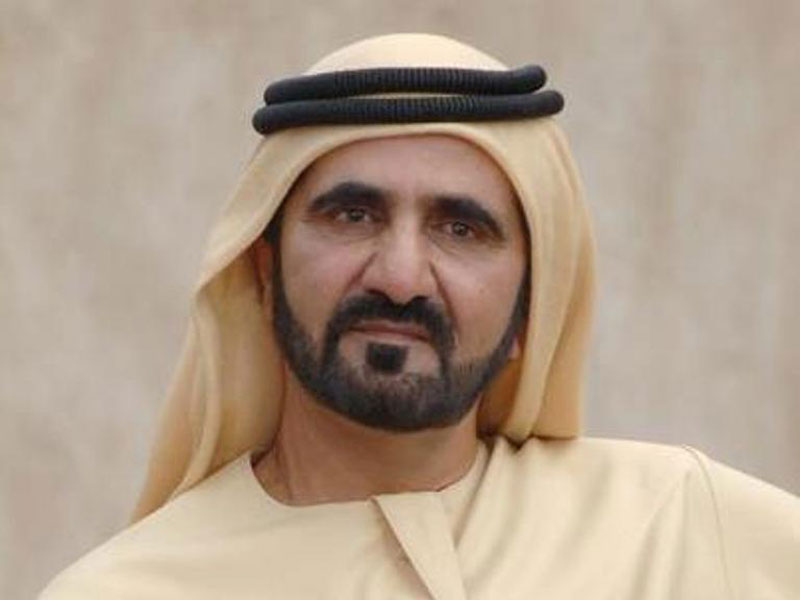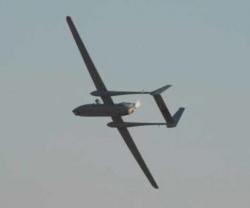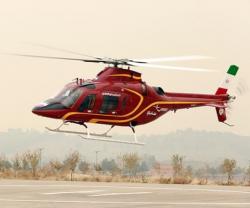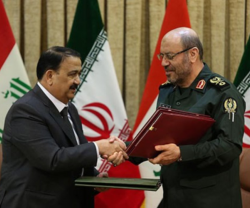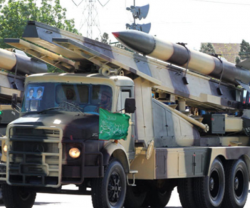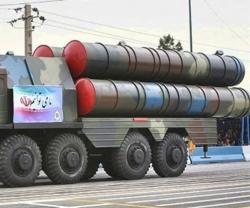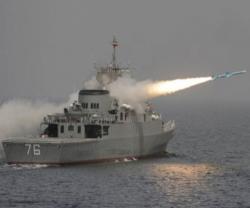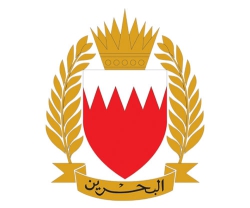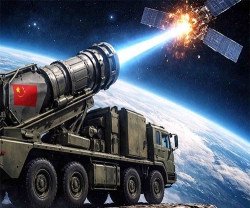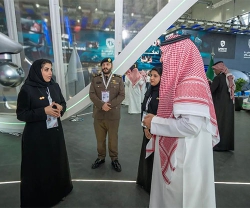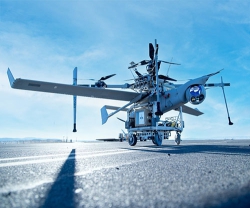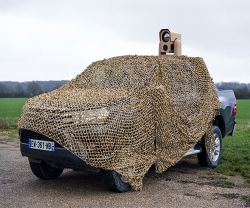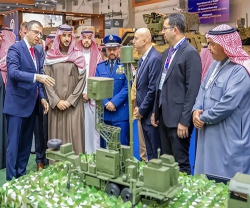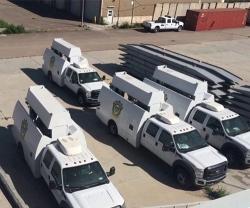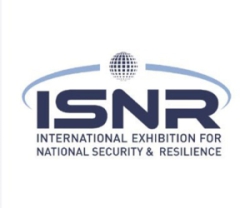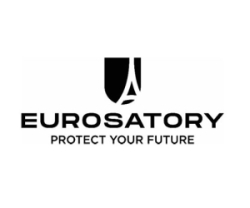The ruler of Dubai, a Gulf trade and investment hub with strong links to Iran, said in remarks broadcast on Monday that the international community should ease sanctions on the Islamic Republic.
Under a deal struck on November 24, Iran is expected to curb its nuclear activity in exchange for a limited easing of the international sanctions imposed on it.
Asked whether he thought it was time to lift the sanctions, Sheikh Mohammed bin Rashid Al Maktoum, who is also the Prime Minister of the UAE, told British broadcaster the BBC.
“I think so and give Iran a space... Iran is our neighbor and we don't want any problem,” he said, adding that “everybody will benefit”.
Despite a decade of sanctions, Iran has managed to get most of the commodities and goods it needs via Dubai's flourishing re-export market, although new embargoes imposed by the United States and its allies in late 2011 and early 2012 have hit it hard.
The vast majority of trade between Iran and its Gulf Arab neighbors is routed through Dubai, home to tens of thousands of ethnic Iranians and one of seven emirates making up the UAE.
A deal between Iran and six major powers intended to pave the way to a solution to a long standoff over Tehran's nuclear ambitions will come into force on Jan. 20, the Iranian Foreign Ministry and the European Union said on Sunday.
Iran says its atomic energy program is aimed purely at electricity generation and other civilian purposes, although past Iranian attempts to hide sensitive nuclear activity from UN non-proliferation inspectors raised concerns.
Shortly after the November 24 deal, Iran's Foreign Minister Mohammad Javad Zarif went to the UAE to try and improve relations with the US ally.
Across the Gulf from Iran, the UAE stands to benefit directly from any easing of sanctions under the nuclear deal that have dampened regional trade since they were imposed in late 2011.
Zarif met with Sheikh Mohammed during his visit in December and the UAE was the first Gulf Arab state to cautiously welcome the November nuclear deal. The UAE Foreign Minister also flew to Iran just days later, calling for a partnership with the Islamic Republic.
The six members of the Gulf Cooperation Council (GCC) are wary of Iranian power in the Middle East, fearing it is seeking regional dominance. But they have also welcomed Iran's “new direction” under President Hassan Rouhani and said Tehran should do more to promote stability in the region.
Meanwhile, the White House confirmed on Sunday that the landmark agreement Iran clinched with world powers on its disputed nuclear program will take effect from Jan. 20, Agence France-Presse (AFP) reported.
“Beginning January 20th, Iran will for the first time start eliminating its stockpile of higher levels of enriched uranium and dismantling some of the infrastructure that makes such enrichment possible,” a statement from the White House said.

